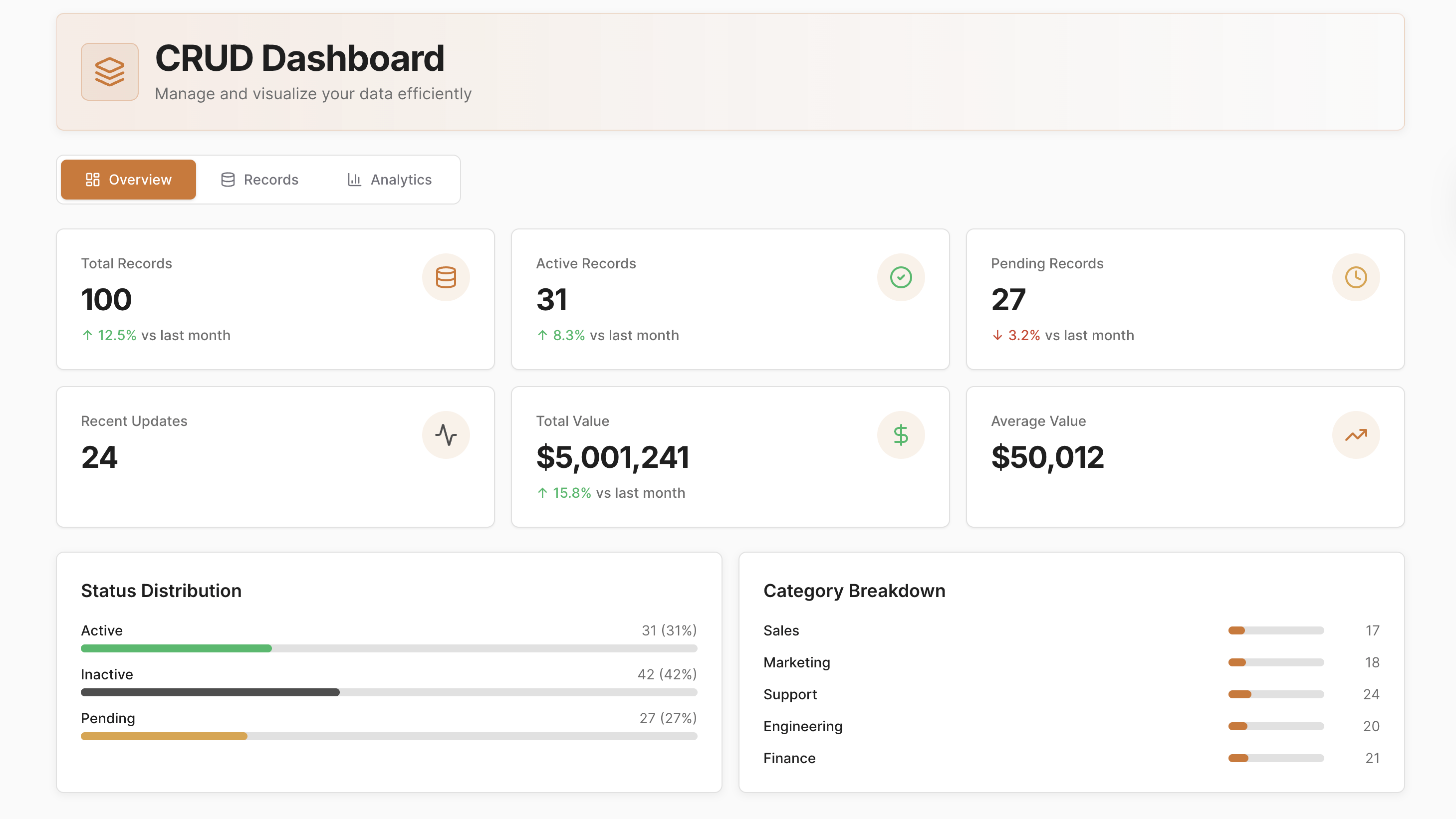Discover our case studies
Take a look at what we've already created – dive into our case studies to see how our solutions are transforming businesses and driving real results!
Telecom tool development can be challenging, but with UI Bakery, it's easier than ever. We're here to help you build Telecom tools quickly using low-code in just minutes.
Take a look at what we've already created – dive into our case studies to see how our solutions are transforming businesses and driving real results!

Intesa, part of Kyndryl, crafts digital solutions for business process transformation, using agile methods to align technology with regulatory compliance. We talked with their CDO, Davide de David, about developing internal tools and integrating UI Bakery for this purpose.
























Try our Telecom tools templates:
Need assistance or have questions? Schedule a call with our support team. We're here to help!


Work with existing datasets or use the built-in UI Bakery database. The platform supports MySQL, PostgreSQL, CouchDB, MongoDB, Airtable, and more.

With UI Bakery’s low-code editor, creating intuitive admin panels is effortless. Use built-in themes to design beautiful interfaces in minutes.

UI Bakery offers a library of in-app automations to query, add, delete, and edit data. Integrate with Zapier, Webhooks, and third-party services to streamline workflows.

UI Bakery is built for scalability. Add users and expand functionality.
Telecom tools are software platforms used by telecommunications companies to manage network operations, customer services, and billing systems. They help ensure seamless communication and connectivity services.



Build internal tools significantly quicker with UI Bakery's drag-and-drop interface and pre-built components.
Ditch outdated internal systems and streamline development with UI Bakery's modern approach.
Maintain complete control over your data with self-hosting options and granular role-based permissions.
Need to accommodate a large team? Our unlimited plans keep your costs predictable, no matter how many users you need. See how UI Bakery's pricing plans fit your budget.